“Our tears improve the earth,” Rumi said in his poem “The Most Alive Moment.” And don’t those tears mark an “alive moment” of gratitude, laughter, pain especially when we “meet each other’s eyes.”
“Always your qualities increase the soul,” Coleman Barks wrote in his translation of Rumi’s poem.
“Crying out loud and weeping are great resources,” Rumi advised in “Cry Out.”
Do not be stolid and silent
with your pain. Lament,
and let the milk of loving flow through you.
The hard rain and the wind
are ways the cloud has
to take care of us.
When I awoke from surgery on January 5th I was crying as a way of release, of gratitude and perhaps of overwhelm. It was 1:30 p.m. and as surgery had started at approximately 10 a.m. I knew that it was Surgery Option Best Case Scenario No. 1 that had taken place. Other options could have taken four hours longer.
 Some moving of calf muscle in one of those wonders of medical science was accomplished and a skin graft to top it all off. I was in a form of cast with a vac attached to drain the wound. After some time in recovery I was wheeled to my room on the seventh floor where I had a view of the Vancouver skyline. Quite spectacular.
Some moving of calf muscle in one of those wonders of medical science was accomplished and a skin graft to top it all off. I was in a form of cast with a vac attached to drain the wound. After some time in recovery I was wheeled to my room on the seventh floor where I had a view of the Vancouver skyline. Quite spectacular.
I was actually hungry and practically pain free. I experience much more pain these days perhaps because the skin is now knitting together. And the nerves are saying, where am I?
The medical care was excellent from the 6 a.m. doctor visits (someone from either the orthopaedic surgeon’s team or the plastic surgeon’s team), the many nurses I met in ten days on nights and days; the care aides; the physiotherapist Nafeesa; the occupational therapist Stephanie; to the discharge co-ordinator Jordana who helped to get me home.
What is not conducive to healing in the hospital is the noise. Still, when I wake up in the morning, I imagine a curtain in my room with someone on the other side of it. I couldn’t believe the sounds of TVs, cell phones, visitors, announcements of Code Blue. Imagine a roommate who has the TV on all afternoon, with her parents visiting, all talking at the same time, as well as answering their cell phones.
After Brittany, my first roommate, was moved to another room, I had Mr. Chen who had lots of visitors but thankfully, no TV. Still, one of his visitors decided to Skype someone. Mr. Chen would apologize later for the noise – not his fault – including a middle of the night ruckus with nurses when he lost part of his CPAP machine which he used for sleeping at home and in the hospital. It was, rather than a British farce, a Chinese Malaysian Jamaican one.
All Mr. Chen wanted really was a cup of warm water along with a couple of warm blankets. We had our chuckles together although we couldn’t see one another. I would advise him to ring the call bell when he dropped something on the floor. “Okay,” he’d say. One night we got chicken chow mein for dinner and both agreed there was no chicken in it.
I had to learn to ask for help myself for one of our basic needs, going to the bathroom.
Learning to Receive
Ask for help.
Be mindful.
Pay attention.
Breathe.
Ask for help again.
Stay vulnerable.
Be grateful.
When learning to use crutches, I hopped along the hall to the elevator with Sarah behind me with a wheelchair. There’s a painting there I particularly liked – a very colourful cityscape of Vancouver towers with mountains like mounds of gelato and lights on Grouse Mountain as dots of white acrylic paint. There was whimsy in the curves of the buildings and the cars on the street.
The painting was a bright spot and the fact I made it that far on that particular day was praiseworthy. Sarah said I could sit down for rest. I was overcome with emotion one day as I sat in the wheelchair near the elevator and the painting. To hop on one foot is jarring to the body, really hard on the arms, the right side, everything.
It was a painful journey and perhaps another release of emotion was necessary. My body had been through surgery followed by constant noise, bells, buzzers, announcements, TVs, cell phones, bright lights.
I had memories of my mother who often had surgery on her right leg which was eventually amputated. She lived in pain so much of her life. I would like to connect to her spirit through lighter moments but in that one, it was through pain and an acknowledgement of what she lived with on a daily basis.
At home, it’s blissfully quiet. Sarah has taken on the role of six people. Each day I practice putting some more weight on my left foot. I need to get better at getting down the two front steps of our house. When I went to see the GP and back to Vancouver for a visit to the plastic surgeon, Sarah pulled me up in wheelchair. That’s way too hard on her body.
For now:
We sit inside the cypress shadow
where amazement and clear thought
twine their slow growth into us.
From “The Most Alive Moment” by Rumi, translated by Coleman Barks

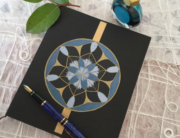
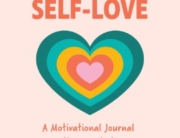
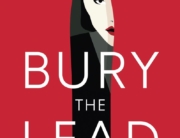


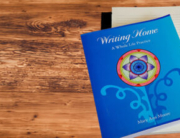
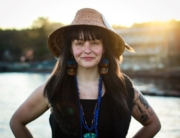
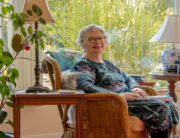
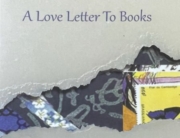

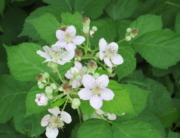
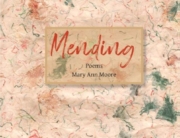
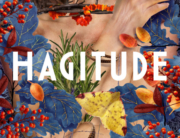
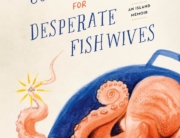
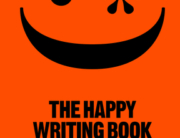
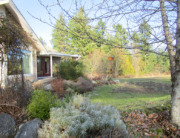
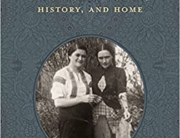
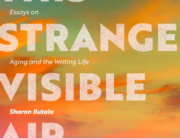

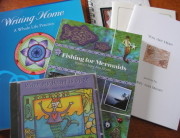
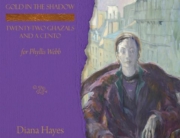
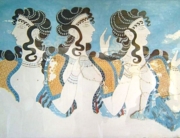
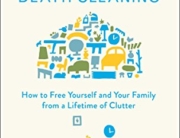
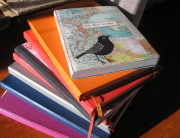
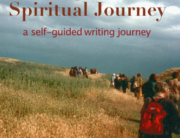
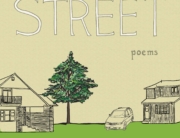
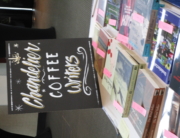
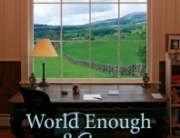
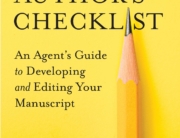
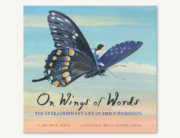
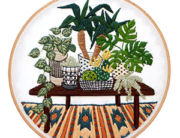
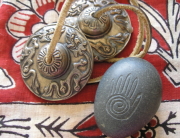
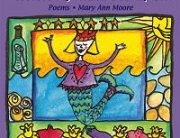
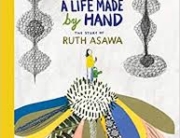
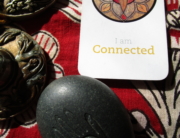

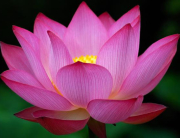
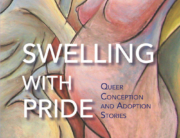
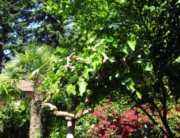
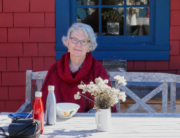
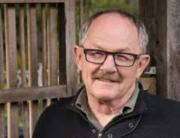
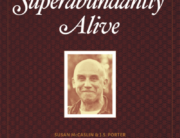
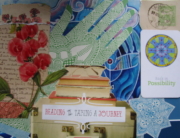
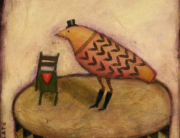
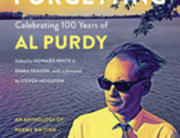
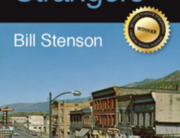
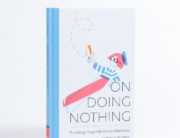
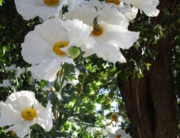

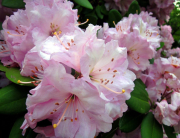
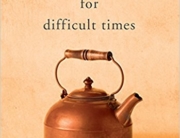
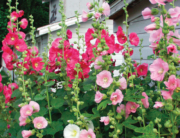
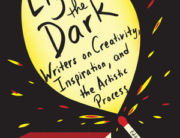
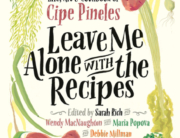
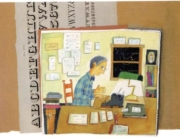
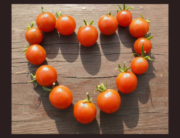

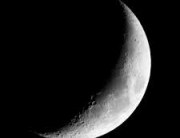

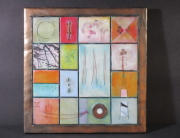
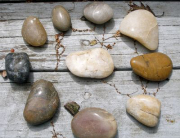
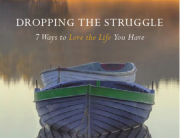
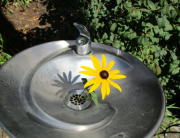
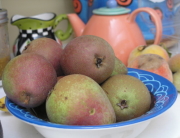
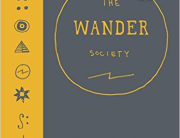
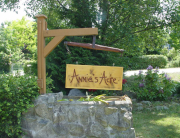
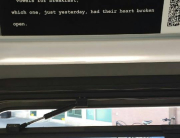

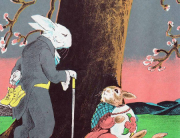
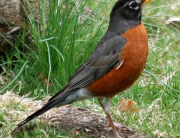
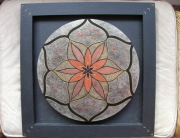
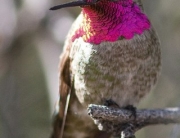
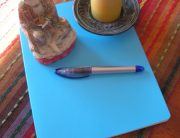
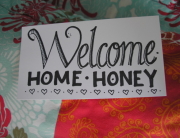
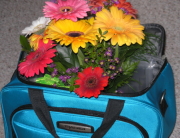
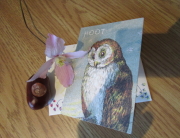
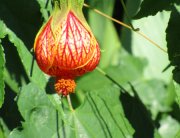
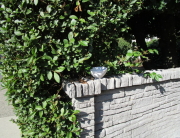
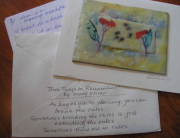
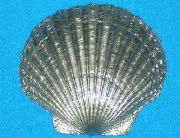
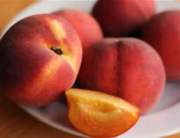
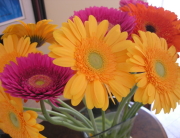
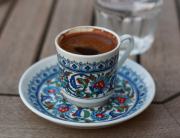
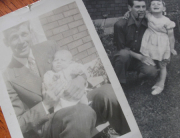
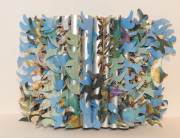
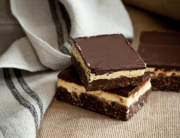

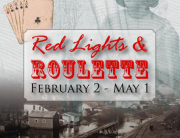
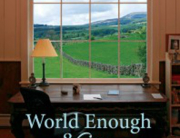
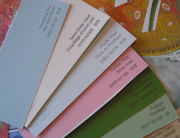
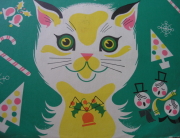
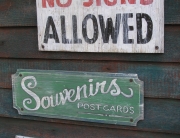
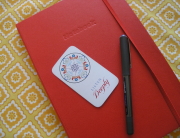
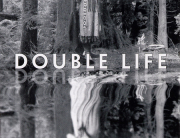

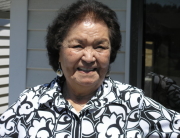
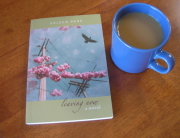

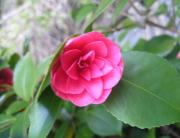

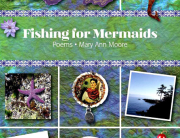
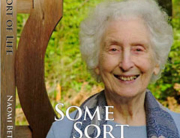
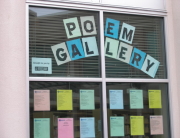
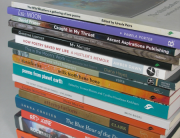

Beautiful and movingly detailed, Mary Ann — took me back to the hubbub of time spent in hospital. All the best in this courageous, openly expressive time of healing. I like that it’s shifting into Spring as you move toward greater mobility. Love to you both!
You have spoken of your experiences with such a clear recall and vision, Mary Ann. My heart goes out to you as you now let your body heal. And Sarah, you are and have been such a rock during this whole time. Both of you, please take care.
Thank you for sharing such a personal journey. I love the poetry complimenting your very open writing. I flashed back to my own experience of hip replacement surgery and recovery – the vulnerability and challenge of being dependent on others.. I wish you peace and positive energy.
You say things that I feel, but do not say. Thank you.
These posts have been so meaningful for me. Thank you for all of your bold and tender sharing.